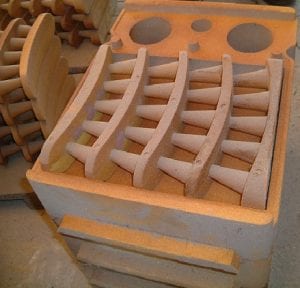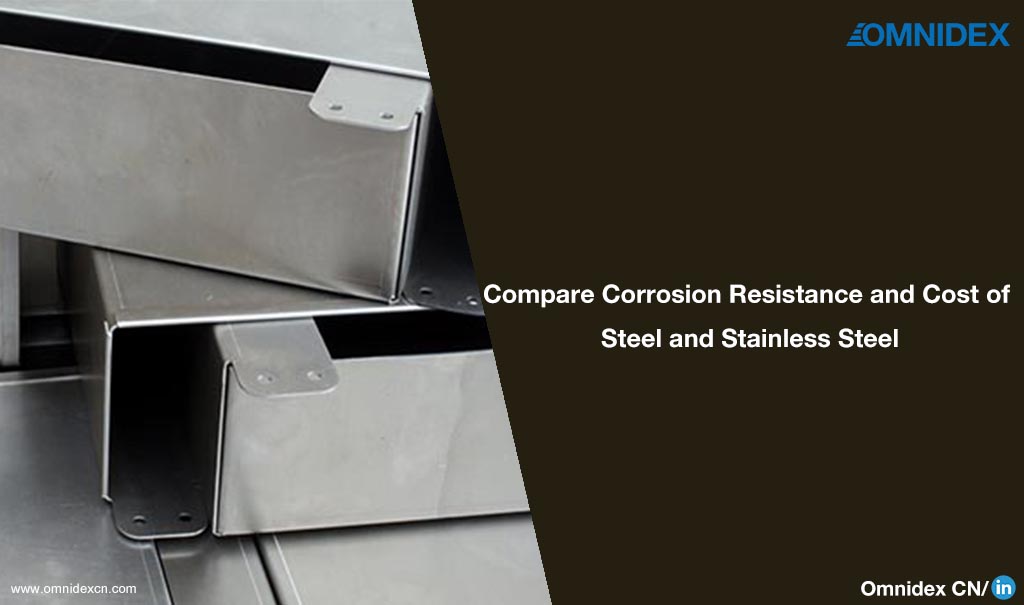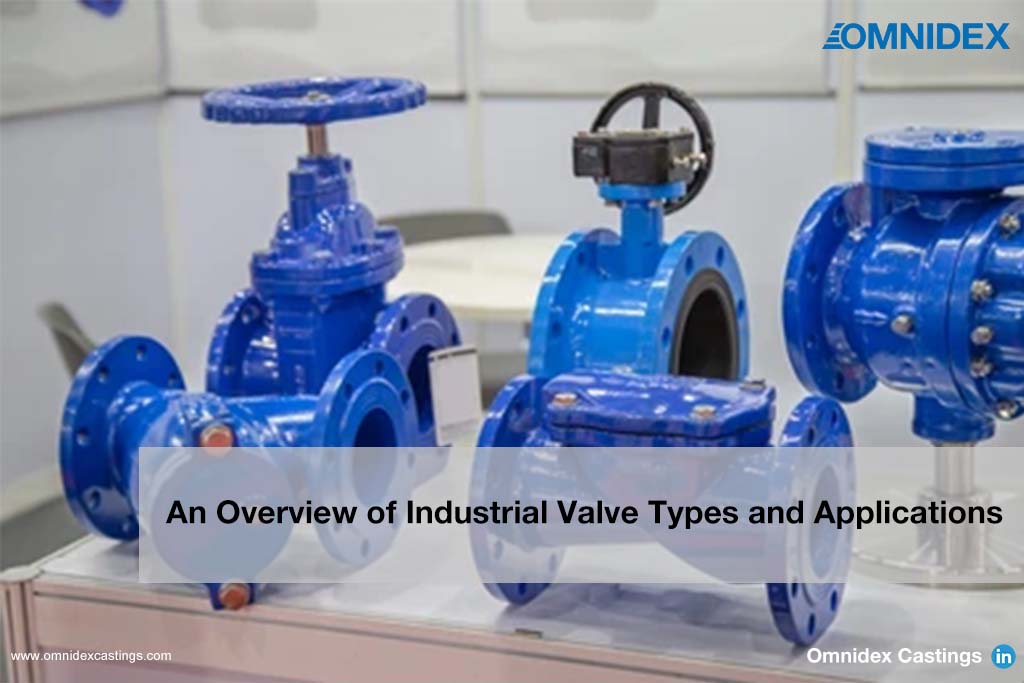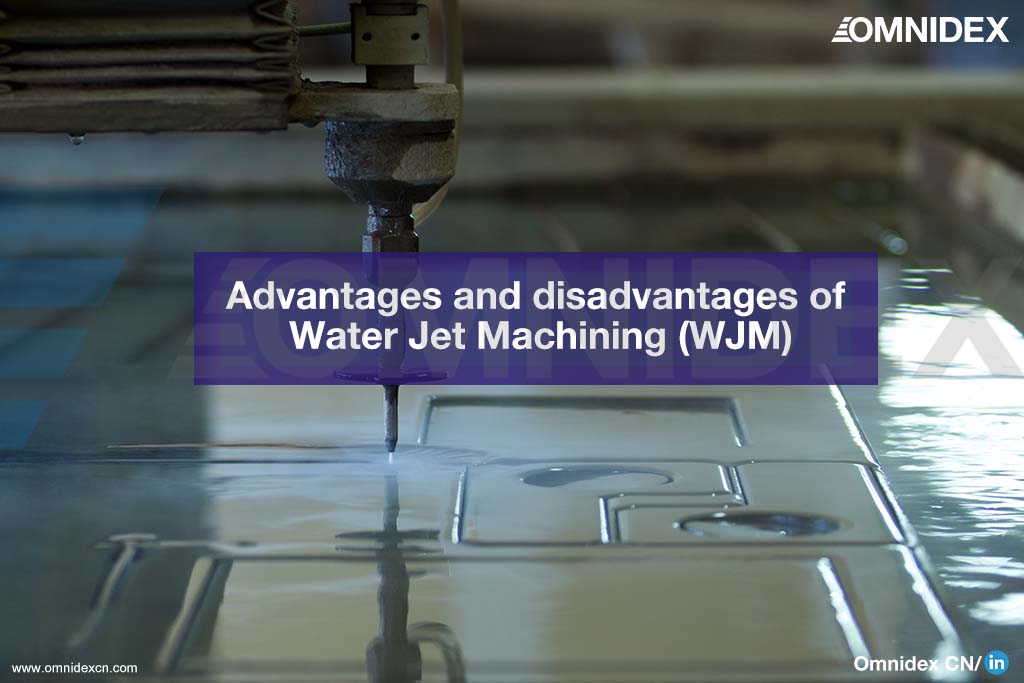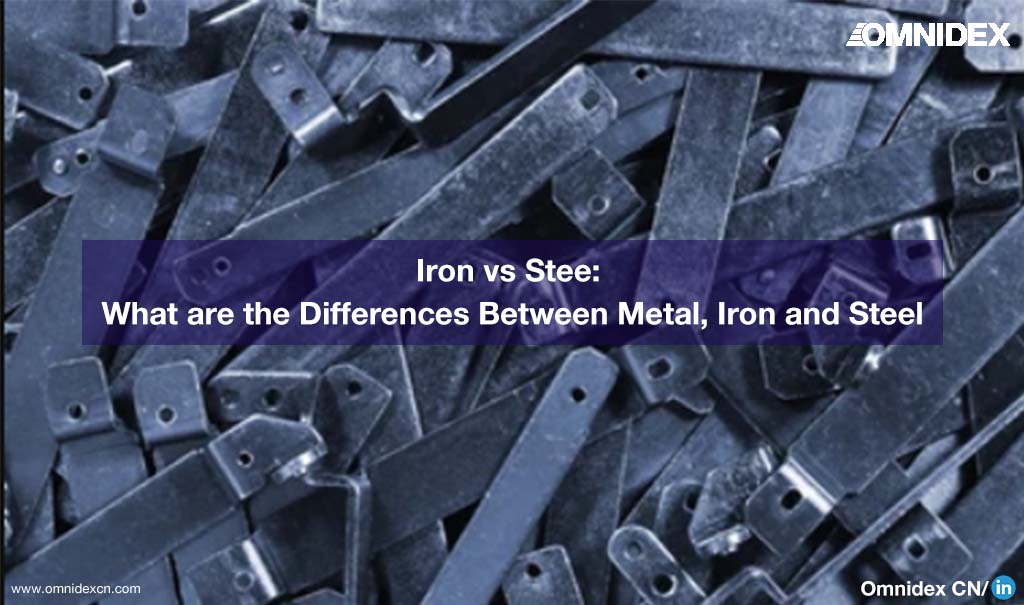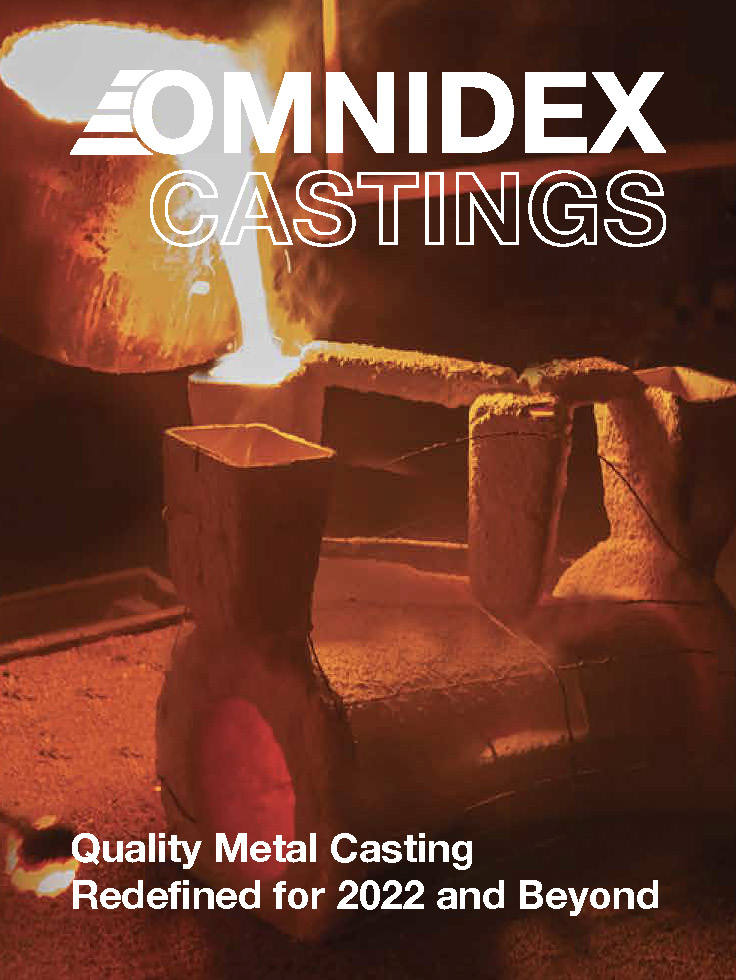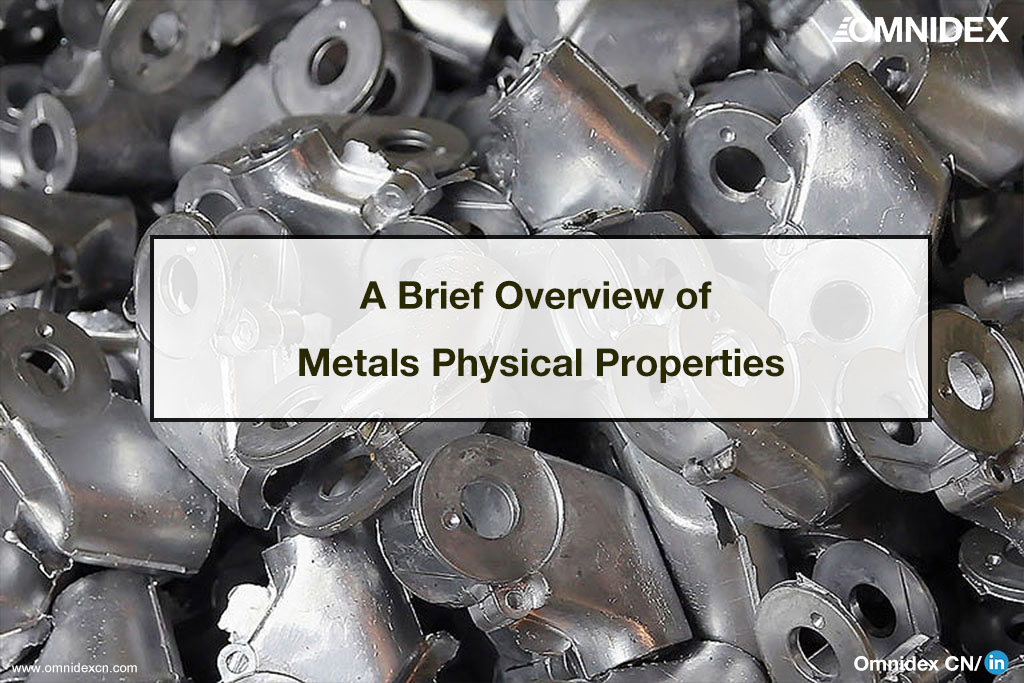
A Brief Overview of Metals Physical Properties
There are many ways to distinguish materials based on their physical properties. Metallurgy studies often look at physical properties as a broader category than mechanical properties. However, not all properties overlap. Using testing methods, physical properties can be distinguished from mechanical properties. In contrast to measuring mechanical properties, measuring physical properties does not require applying force to the material.
Steel is comparatively inexpensive compared to many other metals, which makes it an ideal metal for many projects. Cookware and cutlery, surgical instruments, industrial equipment, and outdoor site furnishings are often made from stainless steel, which has a bright finish and is non-reactive.
The properties and advantages of stainless steel and steel are different, and it is important to understand the differences in aesthetics, properties, and costs before choosing one alloy over the other.

